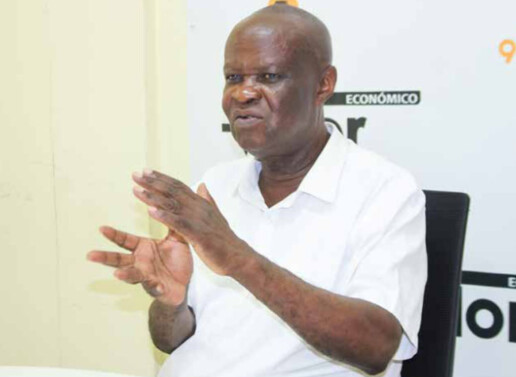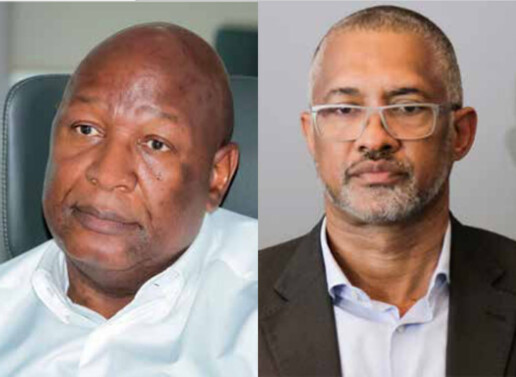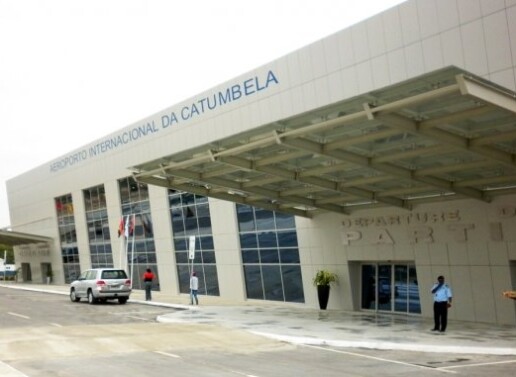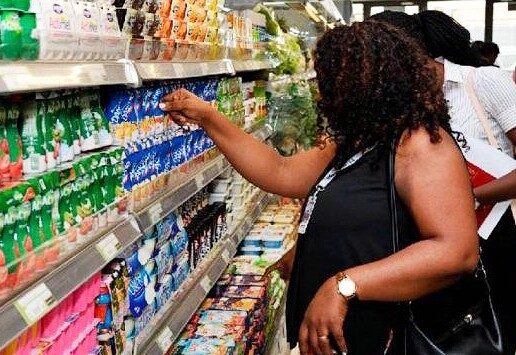The country will be officially placed on the FATF grey list at any moment. This measure reflects international concerns regarding deficiencies in combating money laundering.
The fears have been confirmed. Angola is once again included in the grey list of the Financial Action Task Force (FATF). The official announcement is expected to be made at the end of today, following the closure of the FATF Week sessions, but internal sources have confirmed to FORBES AFRICA LUSÓFONA Angola’s return to this classification.
The FATF grey list consists of countries that exhibit strategic deficiencies in their anti-money laundering and counter-terrorism financing regimes. These countries, while cooperating with the FATF to improve their systems, are subject to increased scrutiny by the international financial community. Angola’s inclusion in this list serves as a warning sign to banks and global financial institutions about the heightened risks of financial transactions with the country, potentially affecting its access to investments and international financing.
During the plenary meeting, delegates representing over 200 members of the FATF Global Network and various prominent observer organizations, such as the International Monetary Fund, the United Nations, the World Bank, and INTERPOL, discussed several critical issues in the fight against illicit financial flows. These flows are often used to fuel organized crime and terrorism, compromising global security and sustainable economic growth.
Among the most discussed topics is the promotion of financial inclusion and a risk-based approach, which are central priorities of the Mexican presidency, led by Elisa de Anda Madrazo, of the FATF. For Angola, this means that the country must develop a more robust understanding of the money laundering risks it faces and adopt more effective measures to mitigate those risks. In recent years, Angola has made progress in various areas, but persistent challenges, such as the lack of effective enforcement of legislation and weaknesses in supervisory mechanisms, continue to raise international concerns.
In addition to Angola, the plenary meeting also addressed measures to combat money laundering and terrorism financing in Argentina and Oman, as well as progress made by other jurisdictions previously identified by the FATF as posing risks to the global financial system.
The impact of being on the grey list for Angola could be significant. Besides international scrutiny, the country may face greater difficulties in attracting foreign investors at a time when the Angolan government is seeking to revitalize the economy, diversify its revenue sources, and reduce dependence on oil. Access to international financing, particularly from multilateral organizations and global financial markets, may also be conditioned, with additional due diligence requirements from international partners.
Inclusion in the grey list imposes on Angola the necessity to swiftly adopt reforms to address the identified shortcomings, under the risk of exacerbating its difficulties in the international arena. Cooperation with the FATF and other international partners will be essential to ensure that the country can exit this list and restore confidence in its financial system.
After the conclusion of the meetings, the FATF is expected to publish a summary of the decisions made, and a press conference with the FATF president is scheduled for 4:30 PM (Paris time). Elisa de Anda Madrazo is expected to provide more details on the reasons behind Angola’s inclusion in the grey list and the next steps the country must take to comply with established international standards.
For the Angolan government, this decision comes at a sensitive moment, as the country seeks to consolidate reforms in the financial sector and attract foreign investment in various areas, including infrastructure and industry. The exit from the grey list will depend on an effective and swift response from Angolan authorities, who will now need to work together with the FATF to overcome deficiencies and strengthen their anti-financial crime regime.
Forbes África Lusofona , 25/10/2024







